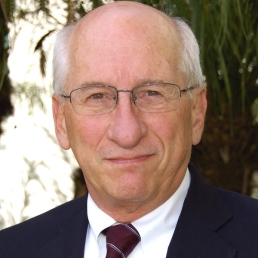Innovations in Tobacco Control Lecture Series: Thomas E. Novotny
Innovations in Tobacco Control Lecture Series | Guest Lecturer

About the Event
Hosted by the Institute for Global Tobacco Control (IGTC), the monthly Innovations in Tobacco Control lecture series welcomes key researchers and experts to share ideas, present their work, and spark discussion. Presented in a hybrid format this month (register to attend in person or via Zoom), this special event welcomes Thomas E. Novotny, MD, for a lecture entitled “Paddling Upstream to Prevent Tobacco Pollution.”
The lecture will be followed by a brief moderated Q&A and a recording of the event will subsequently be posted to IGTC’s YouTube channel.
Registration
Choose to attend in person or online. Upon approval of online registration, attendees will receive a personalized Zoom link to access the webinar. In-person attendees who register by September 12 at 2 p.m. EDT can select a complimentary boxed lunch.
Speaker

Thomas E. Novotny, MD
San Diego State University School of Public Health
Dr. Novotny is Professor Emeritus of Epidemiology and Biostatistics at the San Diego State University (SDSU) School of Public Health. He is a graduate of the University of Nebraska (BS, MD) and Johns Hopkins Bloomberg School of Public Health (MPH ’92). He served for 23 years in the U.S. Public Health Service as a CDC epidemiologist in the Office on Smoking and Health, as liaison to the World Bank, as assistant surgeon general, and twice as deputy assistant secretary for health. Upon retirement, Dr. Novotny joined the UC San Francisco Center for Tobacco Control Research and Education and later co-directed the Joint PhD program in Global Health at SDSU/UCSD from 2009-2015. He has published extensively on tobacco and the environment, and in 2010 he founded the Cigarette Butt Pollution Project, a research, educational, and advocacy non-profit organization. He is currently co-director of the San Diego State University Center for Tobacco and the Environment, and he serves as a consultant to the WHO, Action on Smoking and Health, the California Tobacco Prevention Program, and other public health agencies.
